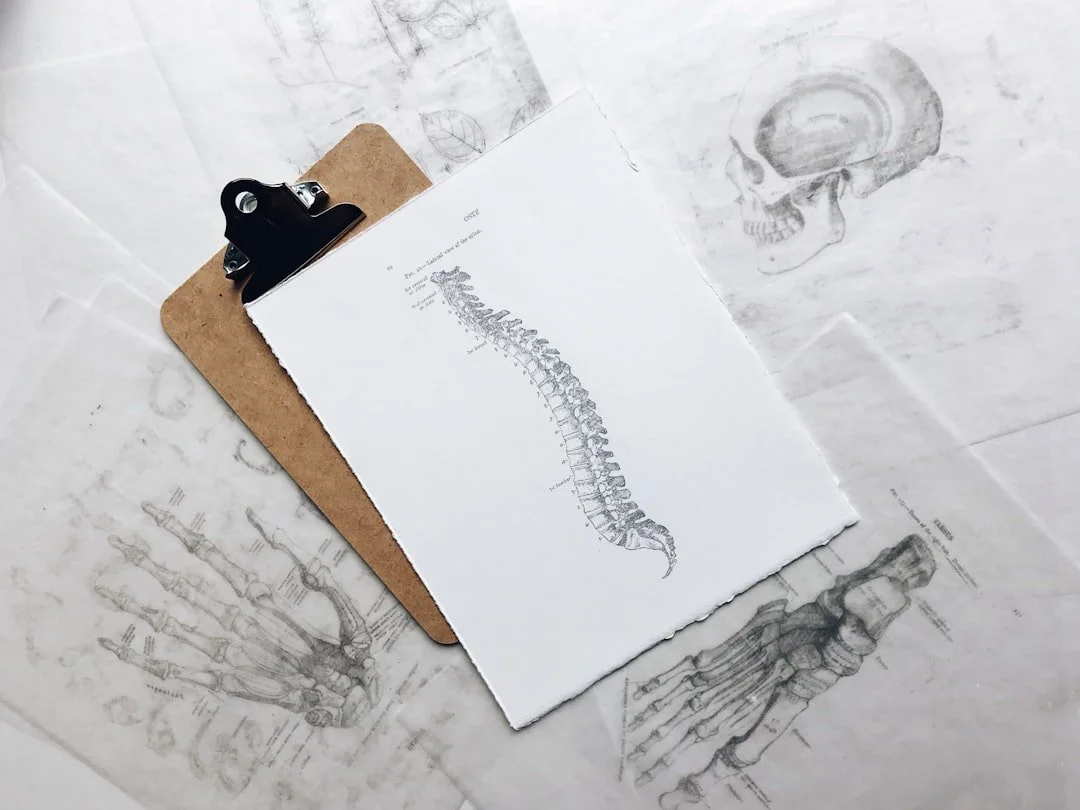Chiropractic Care in Petaluma, CA for Pinched Nerve
A pinched nerve can cause sharp pain, tingling, numbness, and muscle weakness, making even simple movements difficult. This condition occurs when nerves become compressed due to spinal misalignments, inflammation, or muscle tension. At Titan Chiropractic in Petaluma, CA, we provide gentle, neurologically focused chiropractic adjustments to relieve pressure on nerves, improve mobility, and support long-term healing—without medications or surgery.
A pinched nerve often stems from imbalances like spinal misalignments, disc pressure, or muscular tension. These disrupt nerve function and may lead to pain and limited mobility. Chiropractic care restores alignment and nervous system balance so your body can function and heal naturally.
- Relieves nerve compression and irritation.
- Improves spinal posture and stability.
- Drug-free support for long-term relief.

How Chiropractic Care Supports Pinched Nerves Naturally
We focus on removing nerve interference so your body can heal. Gentle adjustments realign the spine to relieve pressure, calm inflammation, and restore the brain–body connection for lasting relief—without medications or invasive treatments.
- Relieves pressure on compressed nerves.
- Reduces inflammation and muscle tension.
- Improves posture and spinal alignment.
- Enhances mobility and flexibility.
- Supports natural, drug-free healing.

Understanding Pinched Nerves
Pinched nerves occur when surrounding tissues—discs, bones, or muscles—compress a nerve, causing tingling, numbness, or pain in the back, neck, arms, or legs. Contributing factors include posture, repetitive strain, injuries, and spinal misalignments.
- Spinal misalignments and subluxations.
- Bulging or herniated discs.
- Inflammation and muscle tension.
- Poor posture or repetitive strain.
- Past injuries or trauma.

When Subluxations Worsen Nerve Compression
Subluxations are stress patterns in the spine that disrupt nerve signaling and can amplify pinched nerve symptoms. Correcting them relieves compression, calms irritation, and restores clearer communication between brain and body.
- Increased nerve compression and pain.
- Muscle tightness and spasms.
- Inflammation and swelling near nerves.
- Restricted joint mobility.
- Prolonged healing and heightened sensitivity.
Think of your nerves like a garden hose. If there’s a kink, flow is blocked. A pinched nerve works the same way. Chiropractic adjustments remove the kink so signals flow freely and your body functions better.
Benefits You May Experience
- Reduced nerve compression and irritation.
- Improved posture and spinal stability.
- Clearer nerve communication, strength, and coordination.
- Lower inflammation and swelling.
- Encouraged natural healing and recovery.
- Non-invasive, drug-free relief.
The Brain and Body Connection in Pinched Nerves
The autonomic nervous system regulates pain perception, muscle tone, and inflammation. When sympathetic stress dominates, pain and tightness increase. Adjustments help rebalance with the parasympathetic system so the body can heal and nerves can recover.
- Balances fight-or-flight with rest-and-digest.
- Improves nerve signaling and resilience.
- Decreases pain sensitivity and tension.
- Supports long-term nerve health and mobility.
By restoring spinal alignment, chiropractic care supports clearer communication between the brain and body for steadier relief.

Scientific Evidence Related to Chiropractic and Pinched Nerves
These papers explore chiropractic care and nerve-related pain outcomes. They do not claim cure or treatment. We include them for those who want to learn more.
JMPT 2011: SMT plus exercise for back-related leg pain
Chiropractic spinal manipulation combined with home exercise outperformed exercise alone for reducing pain and improving function in leg pain linked to nerve involvement.
JMPT 2010: Review of chiropractic for lower extremity conditions
Literature review suggesting multimodal chiropractic care may benefit lower extremity conditions, including nerve-related leg pain.
Scientific Reports 2019: Adjustments alter central pain processing
Findings indicate chiropractic care can modulate central pain processing in chronic low back pain, supporting reductions in pain sensitivity.
JMPT 2008: Review on upper limb conditions and nerve-related pain
Review reported positive outcomes for arm, wrist, and shoulder pain with chiropractic adjustments and soft tissue methods.
Mayo Clinic: Chiropractic adjustments overview
Overview notes that spinal realignment can reduce pressure on nerves, improve motion, and support pain relief and function.
Our Approach at Titan Chiropractic
We assess your symptoms, history, and daily stresses to understand what’s contributing to nerve compression.
We check for subluxations, postural strain, and mobility restrictions impacting nerve function.
We tailor gentle, specific adjustments and recommendations to relieve pressure, restore motion, and support healing.
We monitor pain, mobility, and function, adjusting your plan for steady, long-term results.
Frequently Asked Questions
Can chiropractic care really help with a pinched nerve?
Yes. Adjustments realign the spine, relieve nerve compression, and reduce inflammation, leading to less pain and better mobility for many patients.
How does the spine affect pinched nerves?
The spine houses the nervous system. Misalignments, disc pressure, or muscle tension can compress nerves and cause pain, tingling, or weakness.
What chiropractic techniques help with pinched nerves?
We use gentle, precise adjustments to restore alignment and motion while calming irritation around the affected nerve.
How soon will I see improvements?
Timelines vary, but many people notice reduced pain and better range of motion within the first few visits as pressure eases.
Is chiropractic care safe for pinched nerve relief?
Absolutely. Techniques are tailored to your needs to provide effective relief without adding strain.
Ready to see if chiropractic can help your pinched nerve?
Schedule your visit in Petaluma and explore gentle, neurologically focused care designed to relieve pressure, restore mobility, and support long-term healing.
Schedule nowDisclaimer: We do not diagnose or treat conditions, diseases, or symptoms. Our care is centered on improving the neuromusculoskeletal system by addressing spinal subluxations and the subluxation complex. Any improvement in overall health or function is the natural result of restoring proper spinal alignment and supporting the body's innate ability to heal itself. For medical diagnosis or treatment, please consult a licensed medical professional.
